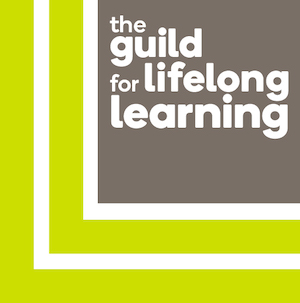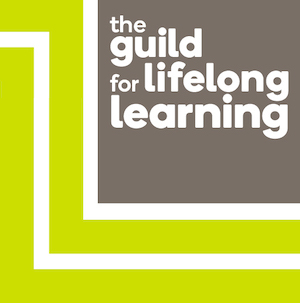All Categories > Archaeology, History & History of Art
Course synopsis
By the beginning of the nineteenth century, Romanticism was prevalent throughout European culture. Individual expression was paramount, no matter what the consequences for reason, good taste and at times even sanity. The consequence was a plethora of highly-charged, emotive works in literature and, particularly, art and music. Robert Schumann was the archetypical Romantic composer: his counterparts in painting included Caspar David Friedrich, Géricault and Delacroix. The latter had nationalistic tendencies and during the mid-nineteenth century the arts became a vehicle for independence movements.
This was particularly true of Eastern Europe and most of all of Italy where Giuseppe Verdi’s operas were central in the struggle for unification. Though based in Paris, Chopin was fiercely supportive of his native Poland during its continual invasions by bordering nations. The nationalism of Richard Wagner was rooted in Germany’s mythical past while Tchaikovsky’s impassioned music was permeated by Russian folk melodies.
These external influences accelerated progress in art and music but new fashions also evolved naturally from what had preceded them. Impressionism – the most important art trend in the late nineteenth century - developed from the work of Corot, Millet and, especially, Manet; it had a musical equivalent in Debussy.
Impressionism soon led to Post Impressionism, in which Gauguin and the restless genius of Van Gogh were leading lights. This, in turn, inspired a cluster of new ‘isms’: new art for the new century. They mirrored and indeed contributed to the febrile atmosphere in Vienna, now the epicentre of European art, music and revolutionary politics. The Great War was around the corner.
I do hope you will be able to join me on this exciting journey through a century of European art and music. I look forward to sharing with you beautiful, awe-inspiring and innovatory works that helped establish the foundation of our contemporary culture.
Schedule:
1 Robert Schumann
2 The Art Of Romanticism
3 Giuseppe Verdi/Nationalist Painting
4 Frédéric Chopin
5 Richard Wagner
6 The Road to Impressionism
7 Impressionism
8 Piotr Ilyich Tchaikovsky
9 Claude Debussy
10 Post Impressionism
11 New Art For A New Century
12 The Crucible: Vienna 1913
Book your place
| Time/Place | Price | Sessions | Quantity |
|---|
About the teacher
Steve Millward
Steve Millward has been teaching music history courses since 1986, including several years with Manchester University's Extra-Mural Studies Department. He is the author of four books, including the...

